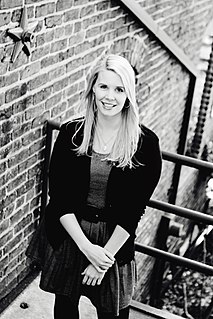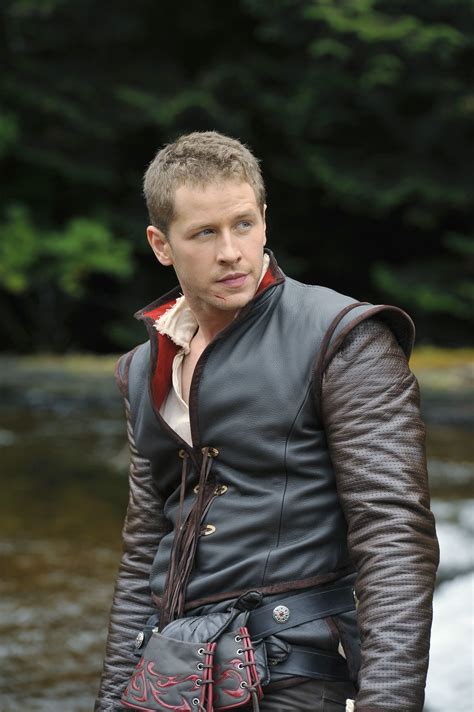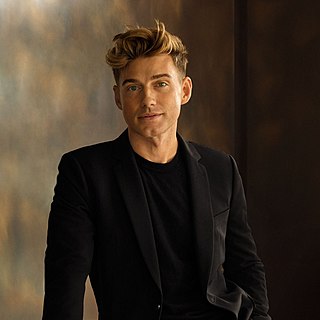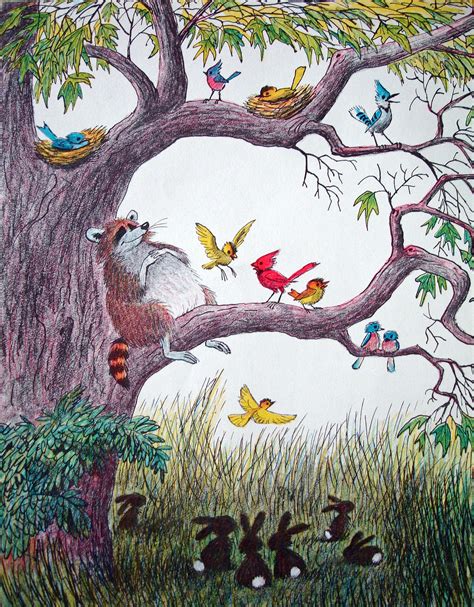A Quote by David Small
Related Quotes
Censoring books that deal with difficult, adolescent issues does not protect anybody. Quite the opposite. It leaves kids in the darkness and makes them vulnerable. Censorship is the child of fear and the father of ignorance. Our children cannot afford to have the truth of the world withheld from them
I wanted to know what it was like to be a drug addict, and have an eating disorder, and have a loved one die, and fall in love. I saw my friends going through these things, I saw the world going through these things, and I needed to understand them. I needed to make sense of them. Books didn’t make me wallow in darkness, darkness made me wallow in books, and it was books that showed me there is light at the end of the tunnel.
I think that actually the rhythmic nature of picture books and of young reader story books is a way to help kids fall in love with language and what you can do with it and how it sounds in your range. It sort of has a musicality but on the other hand they get the story and the ideas and the context of it. I think it's a way to get kids into it and I also think that when kids are around people who love books it rubs off on them.
I refuse to censor myself and kids will find their own way to my books and to all of the books that matter to them. As I write more honestly more kids will make their way toward me. And in subverting their repressive parents kids will learn the value of subverting the repressive nature of all authority figures.
Kids not only need to read a lot but they need lots of books they can read right at their fingertips.They also need access to books that entice them, attract them to reading. Schools...can make it easy and unrisky for children to take books home for the evening or weekend by worrying less about losing books to children and more about losing children to illiteracy.
I am an author-illustrator of children's books - and yet - I must confess I don't do the books for the kids. When I'm working on a book I'm somewhere else - at the circus - or a rustic old farm - or deep in a forest - with no thought of who might read the book or what age group it would appeal to. I write them so I can illustrate them.
I would make up [Theodor] Seuss-like books at night when I was cleaning up from the dinner, you know, putting these little kids to bed, reading them rhyming books. And so that's what I started doing. They were really bad. I have some in a box and it says on the box, it's a note to my kids you know, when I die, if you ever publish these I will come back and haunt you.





































